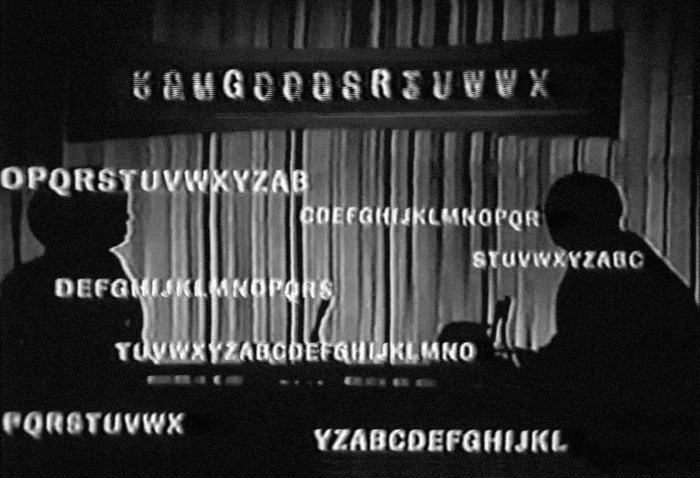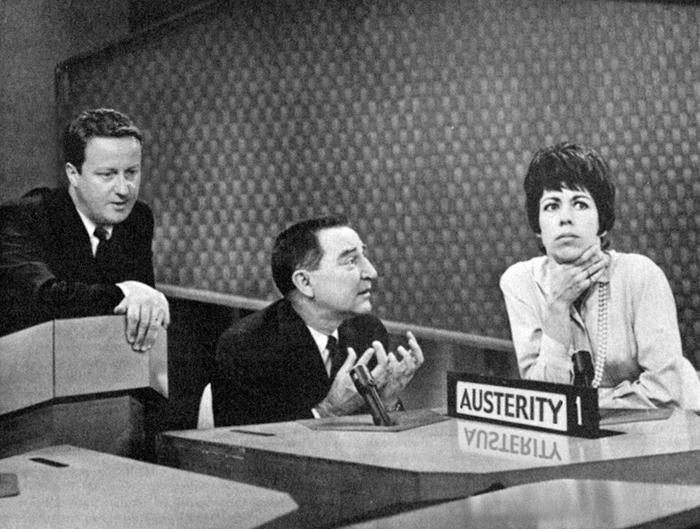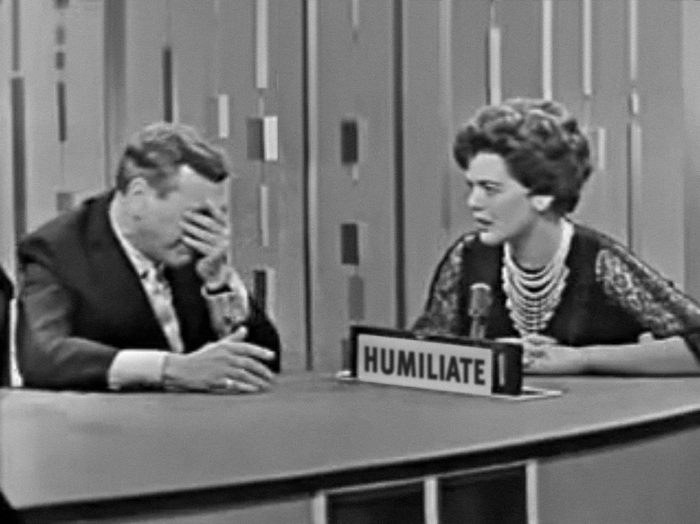
We are inquiring, then, what is the final and ultimate Good, which as all philosophers are agreed must be of such a nature as to be the End to which all other things are means, while it is not itself a means to anything else. This Epicurus finds in pleasure; pleasure he holds to be the Chief Good, pain the Chief Evil.
This he sets out to prove as follows: Every animal, as soon as it is born, seeks for pleasure, and delights in it as the Chief Good, while it recoils from pain as the Chief Evil, and so far as possible avoids it. This it does as long as it remains unperverted, at the prompting of Nature’s own unbiased and honest verdict. Hence Epicurus refuses to admit any necessity for argument or discussion to prove that pleasure is desirable and pain to be avoided. These facts, he thinks, are perceived by the senses, as that fire is hot, snow white, honey sweet, none of which things need be proved by elaborate argument: it is enough merely to draw attention to them. (For there is a difference, he holds, between formal syllogistic proof of a thing and a mere notice or reminder: the former is the method for discovering abstruse and recondite truths, the latter for indicating facts that are obvious and evident.) Strip mankind of sensation and nothing remains; it follows that Nature herself is the judge of that which is in accordance with or contrary to nature. What does Nature perceive or what does she judge of, beside pleasure and pain to guide her actions of desire and of avoidance?
Some members of our school however would refine upon this doctrine; these say that it is not enough for the judgment of good and evil to rest with the senses; the facts that pleasure is in and for itself desirable and pain in and for itself to be avoided can also be grasped by the intellect and the reason. Accordingly they declare that the perception that the one is to be sought after and the other avoided is a natural and innate idea of the mind. Others again, with whom I agree, observing that a great many philosophers do advance a vast array of reasons to prove why pleasure should not be counted as a good nor pain as an evil, consider that we had better not be too confident of our case; in their view it requires elaborate and reasoned argument, and abstruse theoretical discussion of the nature of pleasure and pain.


But I must explain to you how all this mistaken idea of reprobating pleasure and extolling pain arose. To do so, I will give you a complete account of the system, and expound the actual teachings of the great explorer of the truth, the master-builder of human happiness. No one rejects, dislikes or avoids pleasure itself, because it is pleasure, but because those who do not know how to pursue pleasure rationally encounter consequences that are extremely painful. Nor again is there anyone who loves or pursues or desires to obtain pain of itself, because it is pain, but because occasionally circumstances occur in which toil and pain can procure him some great pleasure. To take a trivial example, which of us ever undertakes laborious physical exercise, except to obtain some advantage from it? But who has any right to find fault with a man who chooses to enjoy a pleasure that has no annoying consequences, or one who avoids a pain that produces no resultant pleasure? On the other hand, we denounce with righteous indignation and dislike men who are so beguiled and demoralized by the charms of the pleasure of the moment, so blinded by desire, that they cannot foresee the pain and trouble that are bound to ensue; and equal blame belongs to those who fail in their duty through weakness of will, which is the same as saying through shrinking from toil and pain. These cases are perfectly simple and easy to distinguish. In a free hour, when our power of choice is untrammelled and when nothing prevents our being able to do what we like best, every pleasure is to be welcomed and every pain avoided. But in certain circumstances and owing to the claims of duty or the obligations of business it will frequently occur that pleasures have to be repudiated and annoyances accepted. The wise man therefore always holds in these matters to this principle of selection: he rejects pleasures to secure other greater pleasures, or else he endures pains to avoid worse pains.
This being the theory I hold, why need I be afraid of not being able to reconcile it with the case of the Torquati my ancestors? Your references to them just now were historically correct, and also showed your kind and friendly feeling towards myself; but all the same I am not to be bribed by your flattery of my family, and you will not find me a less resolute opponent. Tell me, pray, what explanation do you put upon their actions? Do you really believe that they charged an armed enemy, or treated their children, their own flesh and blood, so cruelly, without a thought for their own interest or advantage? Why, even wild animals do not act in that way; they do not run amok so blindly that we cannot discern any purpose in their movements and their onslaughts. Can you then suppose that those heroic men performed their famous deeds without any motive at all?
What their motive was, I will consider in a moment: for the present I will confidently assert, that if they had a motive for those undoubtedly glorious exploits, that motive was not a love of virtue in and for itself. He wrested the necklet from his foe. Yes, and saved himself from death. But he braved great danger. Yes, before the eyes of an army. What did he get by it? Honour and esteem, the strongest guarantees of security in life. He sentenced his own son to death. If from no motive, I am sorry to be the descendant of anyone so savage and inhuman; but if his purpose was by inflicting pain upon himself to establish his authority as a commander, and to tighten the reins of discipline during a very serious war by holding over his army the fear of punishment, then his action aimed at ensuring the safety of his fellow citizens, upon which he knew his own depended.
And this is a principle of wide application. People of your school, and especially yourself, who are so diligent a student of history, have found a favourite field for the display of your eloquence in recalling the stories of brave and famous men of old, and in praising their actions, not on utilitarian grounds, but on account of the splendour of abstract moral worth. But all of this falls to the ground if the principle of selection that I have just mentioned be established,—the principle of forgoing pleasures for the purpose of getting greater pleasures, and enduring pains for the sake of escaping greater pains.

But enough has been said at this stage about the glorious exploits and achievements of the heroes of renown. The tendency of all of the virtues to produce pleasure is a topic that will be treated in its own place later on. At present I shall proceed to expound the essence and qualities of pleasure itself, and shall endeavor to remove the misconceptions of ignorance and to make you realize how serious, how temperate, how austere is the school that is supposed to be sensual, lax, and luxurious. The pleasure we pursue is not that kind alone which directly affects our physical being with a delightful feeling, a positively agreeable perception of the senses; on the contrary, the greatest pleasure according to us is that which is experienced as a result of the complete removal of pain. When we are released from pain, the mere sensation of complete emancipation and relief from uneasiness is in itself a source of gratification.
But everything that causes gratification is a pleasure (just as everything that causes annoyance is a pain). Therefore the complete removal of pain has correctly been termed a pleasure. For example, when hunger and thirst are banished by food and drink, the mere fact of getting rid of uneasiness brings a resultant pleasure in its train. So generally, the removal of pain causes pleasure to take its place.
Epicurus consequently maintained that there is no such thing as a neutral state of feeling intermediate between pleasure and pain; for the state supposed by some thinkers to be neutral, being characterized as it is by entire absence of pain, is itself, he held, a pleasure, and, what is more, a pleasure of the highest order. A man who is conscious of his condition at all must necessarily feel either pleasure or pain.
But complete absence of pain Epicurus considers to be the limit and highest point of pleasure; beyond this point pleasure may vary in kind, but it cannot vary in intensity or degree. Yet at Athens, so my father used to tell me when he wanted to air his wit at the expense of the Stoics, in the Ceramicus there is actually a statue of Chrysippus seated and holding out one hand, the gesture being intended to indicate the delight which he used to take in the following little syllogism: “Does your hand want anything, while it is in its present condition?” Answer: “No, nothing.” “But if pleasure were a good, it would want pleasure.” “Yes, I suppose it would.” “Therefore pleasure is not a good.”


An argument, as my father declared, which not even a statue would employ, if a statue could speak; because though it is cogent enough as an objection to the Cyrenaics, it does not touch Epicurus. For if the only kind of pleasure were that which so to speak tickles the senses, an influence permeating them with a feeling of delight, neither the hand nor any other member could be satisfied with the absence of pain unaccompanied by an agreeable and active sensation of pleasure. Whereas if, as Epicurus holds, the highest pleasure be to feel no pain, Chrysippus’s interlocutor, though justified in making his first admission, that his hand in that condition wanted nothing, was not justified in his second admission, that if pleasure were a good, his hand would have wanted it.
And the reason why it would not have wanted pleasure is that to be without pain is to be in a state of pleasure.

Excerpted from: De finibus bonorum et malorum (Liber Primus) by Cicero, 45 B.C. English translation by H. Rackham. Heineman Publishing, London, 1914.
Lincoln Tobier is an artist based in Los Angeles. Recent exhibitions include: Szenarien über Europa, Galerie für Zeitgenössische Kunst, Leipzig; 91 92 93, MAK Center, Los Angeles; Radio Break, Roski/University of Southern California, Los Angeles; The Europa Triangle, Royal College of Art, London; and RUPTURES: Forms of Public Address, Cooper Union, New York.

